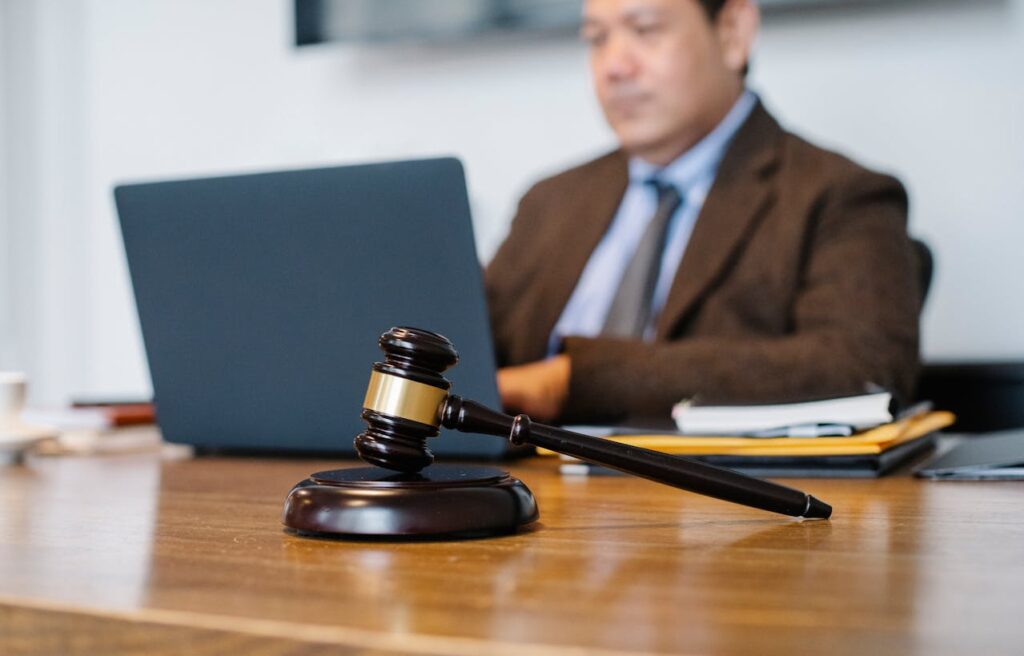Criminal matters may be daunting, particularly if the allegations are severe and the consequences are high. It may be a complicated white-collar offense, a violent crime, or a narcotics case, but going through the criminal process means employing meticulous planning and sound legal strategy. The result of the case, in fact, could have a profound effect on one’s life, so knowing what defense strategies are available and how to handle these types of cases is crucial. This article speaks of some of the most important strategies and tactics that can be employed to handle complex criminal cases.
Creating a Solid Defense Foundation
The first and foremost step in any criminal case is creating a solid defense. A solid defense starts with a very thorough examination of the case, including gathering evidence, interviewing witnesses, and examining the accusations of the prosecution. The aim is to find weaknesses in the evidence or inconsistencies in the testimony of the witnesses for the prosecution. A professional criminal defense attorney will examine every detail, ranging from what happened during the time of the arrest to the admissibility of the evidence. By identifying gaps or loopholes in the prosecution case early, the defense can effectively challenge the charges and present a strong case for the defendant.
Determining the Role of Expert Witnesses
In a majority of complex criminal cases, expert witnesses play a major role in the determination of the verdict. Expert witnesses are allowed to testify in a variety of areas, like forensic evidence, financial records, or psychological examinations. Expert witnesses provide specialized information that could contradict the state’s case and thus establish reasonable doubt. In scientific or technical evidence matters, such as DNA or fingerprint analysis, expert witnesses can testify to invalidate the results of the prosecution. The use of the right expert witnesses and their proper utilization can be a case-changer, and that’s why it is a valuable tactic in sophisticated criminal defense.
Familiarity with Legal Precedents and Defenses
Legal precedent and available defenses must be known in order to present a successful defense in a criminal case effectively. In most instances, existing case law or statutes will have an enormous influence on the defense approach. For instance, if the case is one of a claim of self-defense, familiarity with what the legal boundaries are of reasonable force is needed. Or, in the event that the prosecution’s evidence is from an illegal search, a motion to suppress evidence will be necessary. Seasoned criminal defense attorneys are familiar with case law and can use earlier decisions to dismiss the charges or lower penalties. Familiarity with these differences and the utilization of the appropriate defenses can make all the difference.
Bargaining Plea Agreements and Sentencing Opportunities
Not every criminal case goes to trial. In the majority of situations, plea bargaining may be a viable option. Plea bargaining is able to yield a better outcome by negotiation, i.e., reduced charges or a reduced sentence. But it requires negotiating skills. A plea bargain can prove to be especially useful where evidence against the defendant is strong. In such situations, criminal defense attorneys can attempt to get the defendant a plea that avoids the stiff consequences of a trial conviction. Plea bargaining expertise is part of the required knowledge of criminal defense and is likely to shorten the long-term implications of criminal allegations.
Trial Preparation: Strategy and Presentation
Once a case moves forward to trial, preparation must ensue. It is important to organize the defense plan clearly and persuasively. Effective trial strategy includes putting the case before the court in a reasonable, compelling order, impeaching witnesses to reveal inconsistencies, and causing the jury to perceive the weaknesses of the prosecution evidence. An effective opening statement and closing argument can also have a dramatic effect on the perception of the jury. Having a proper defense lawyer is crucial to obtaining a favorable verdict since how the case is argued tends to influence the jury. Planning and preparation are central to criminal trial success.
Conclusion
Complex criminal cases must be well prepared, thoroughly investigated, and with multiple legal options to find the best possible outcome. From a serious felony charge to a complex legal conundrum, the proper approach can alleviate the risks and offer the best chance for a positive outcome. Professional criminal defense attorneys are integral to this mission, providing the experience and expertise required to navigate such high-stakes scenarios effectively.

